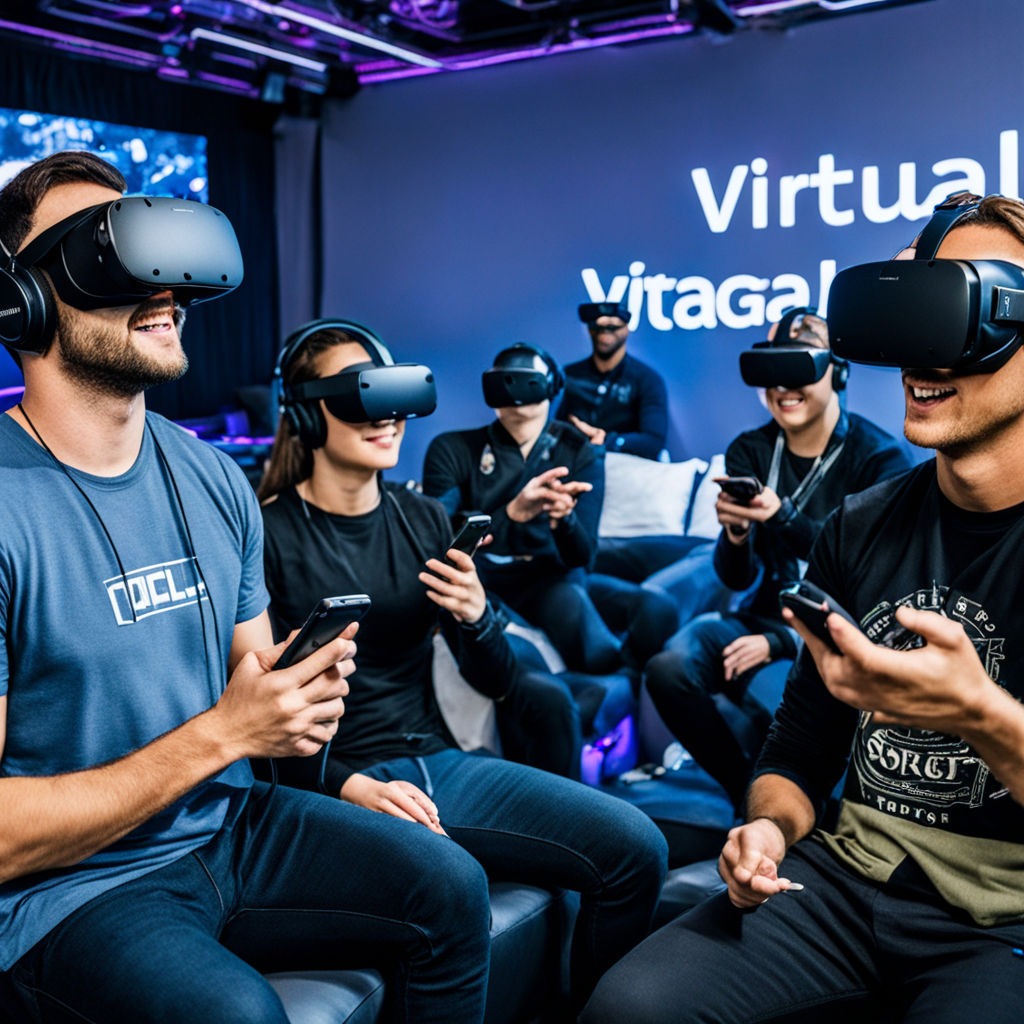Introduction: The Future of Gaming Is Here!
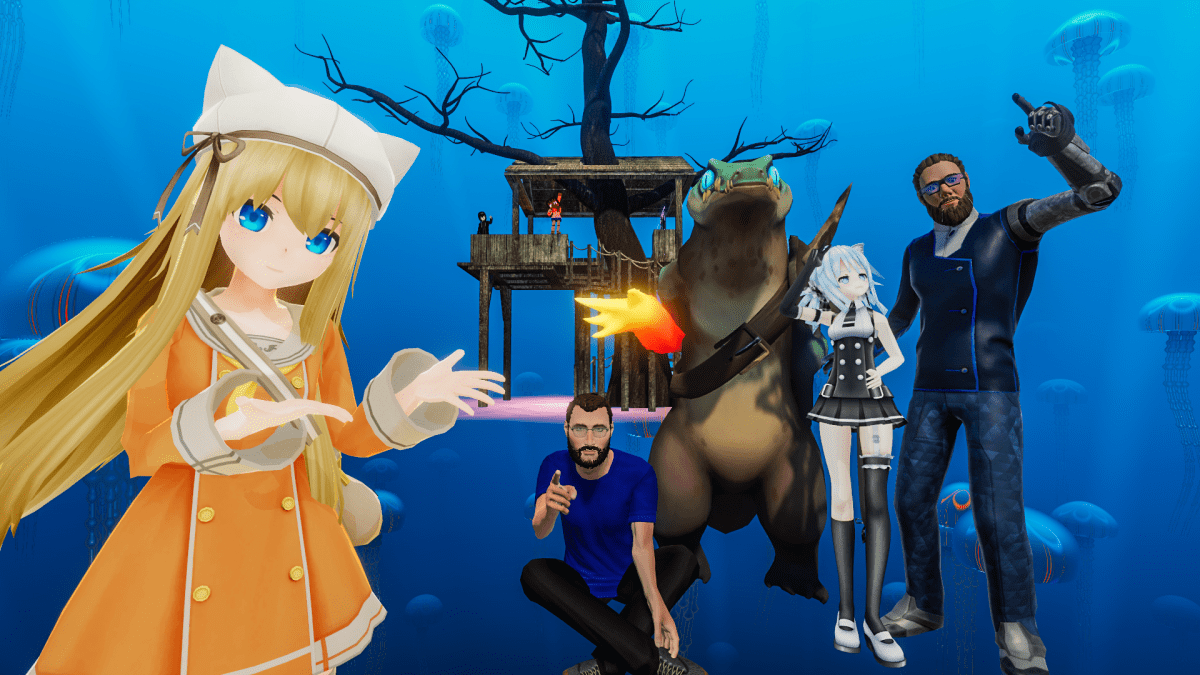
Ready Player One? Welcome to the exciting world of virtual gaming events, where the action is just a click away, and the fun knows no bounds! Over the past few years, the landscape of gaming conventions has transformed dramatically. Once bustling halls filled with excited fans and booths showcasing the latest in gaming technology have now shifted to vibrant online spaces teeming with interactive experiences.
The Rise of Virtual Gaming Events
The rise of virtual gaming events has been nothing short of spectacular. With the onset of the pandemic, traditional gaming conventions faced an unprecedented challenge. The need for social distancing and travel restrictions led to the cancellation of many beloved events. However, the gaming community, known for its adaptability and innovation, quickly turned this setback into an opportunity. Enter the era of virtual gaming events, where gamers from around the globe can unite without leaving the comfort of their homes.
What makes these virtual events so special? For starters, they’re incredibly accessible. No more saving up for plane tickets or booking expensive hotels – all you need is a decent internet connection and a passion for gaming. Virtual platforms have made it possible for everyone to participate, breaking down barriers and creating a truly inclusive environment. Plus, these events often feature exclusive content, from sneak peeks at upcoming releases to live Q&A sessions with game developers.
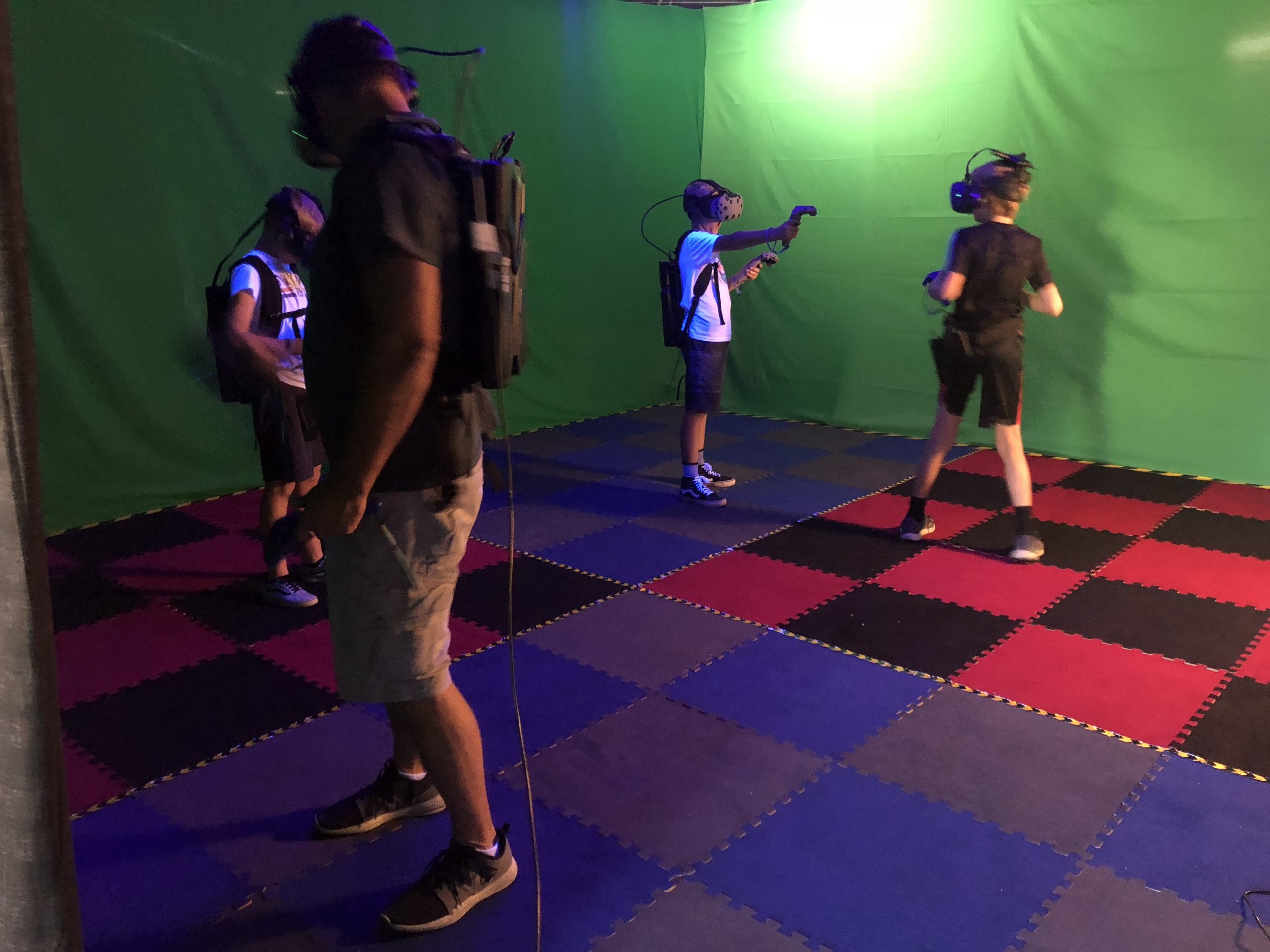
Imagine this: You’re lounging on your couch, snacks at the ready, and suddenly you’re in a front-row seat at E3, experiencing the latest game trailers and announcements as they happen. Or perhaps you’re diving into the immersive world of Gamescom, where interactive exhibits and multiplayer demos bring the excitement directly to your screen.
The unique experiences of virtual gaming events don’t stop there. Many events are embracing cutting-edge technology like virtual reality (VR) and augmented reality (AR) to create environments that are even more engaging than their physical counterparts. Picture yourself exploring a virtual expo hall, where you can interact with other attendees, try out new games, and even collect digital swag.
The Evolution of Gaming Events
From LAN parties to massive conventions, the evolution of gaming events has been remarkable. Let’s take a nostalgic trip down memory lane. Remember the good ol’ days of LAN parties? Picture this: a group of friends lugging their hefty PCs to someone’s basement, connecting via a tangled web of cables, and battling it out in epic multiplayer sessions. Those were the humble beginnings of gaming events.
Fast forward a few years, and we saw the birth of massive gaming conventions like E3 (Electronic Entertainment Expo) and PAX (Penny Arcade Expo). These events grew from small gatherings to colossal spectacles, drawing in thousands of gamers from all over the world. They became the ultimate playgrounds for gamers, developers, and industry insiders to mingle, share, and celebrate their love for gaming.
The Transition to Virtual Events: Key Milestones and Innovations
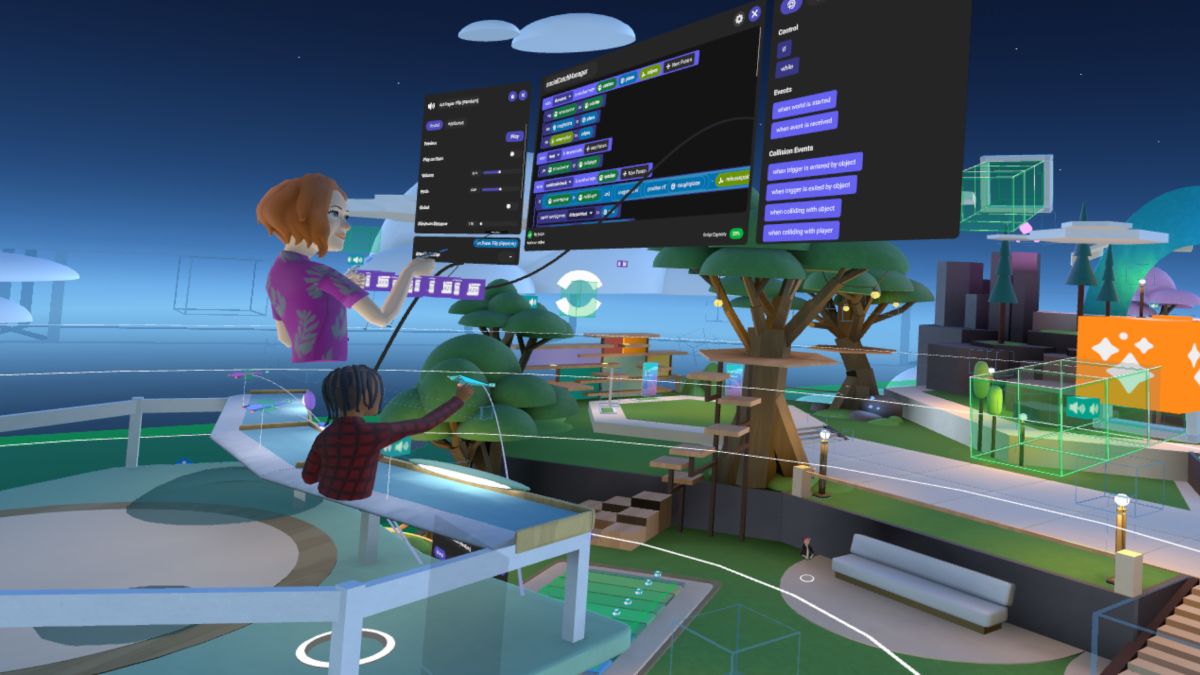
As the gaming community expanded, so did the need for more inclusive and accessible events. The transition to virtual gaming events didn’t happen overnight; it was a gradual shift fueled by technological advancements and the desire to connect more players globally.
A major turning point came with the advent of high-speed internet and streaming platforms like Twitch and YouTube. Suddenly, it was possible to broadcast live gameplay and events to millions of viewers. This paved the way for hybrid events, where physical conventions incorporated live streams and online interactions to reach a broader audience.
Then came 2020, the year that changed everything. The pandemic forced the cancellation of many in-person events, but the gaming community quickly adapted. Virtual platforms became the new norm, and events like Gamescom and BlizzCon made the leap to fully digital formats.
Major Events That Successfully Transitioned to Virtual Formats
Several major gaming events embraced the virtual revolution with resounding success. Let’s take a look at a few standout examples:
- E3: Known as the biggest stage in gaming, E3 transitioned to a digital format, offering live streams, developer interviews, and exclusive game previews. The online format allowed fans worldwide to experience the event in real-time, without the need for expensive travel.
- Gamescom: Europe’s premier gaming event went virtual, creating an immersive online experience that included interactive demos, live panels, and community events. The transition was so smooth that many attendees felt it rivaled the physical experience.
- BlizzConline: Blizzard Entertainment’s annual convention became BlizzConline, featuring a jam-packed schedule of announcements, esports tournaments, and Q&A sessions with developers. The event retained its festive atmosphere, complete with virtual swag and cosplay contests.
- PAX Online: The Penny Arcade Expo adapted to the times with PAX Online, offering a nine-day extravaganza of live streams, gaming tournaments, and virtual meetups. The event’s innovative use of technology kept the community spirit alive and well.
Why Go Virtual? The Perks of Online Gaming Events
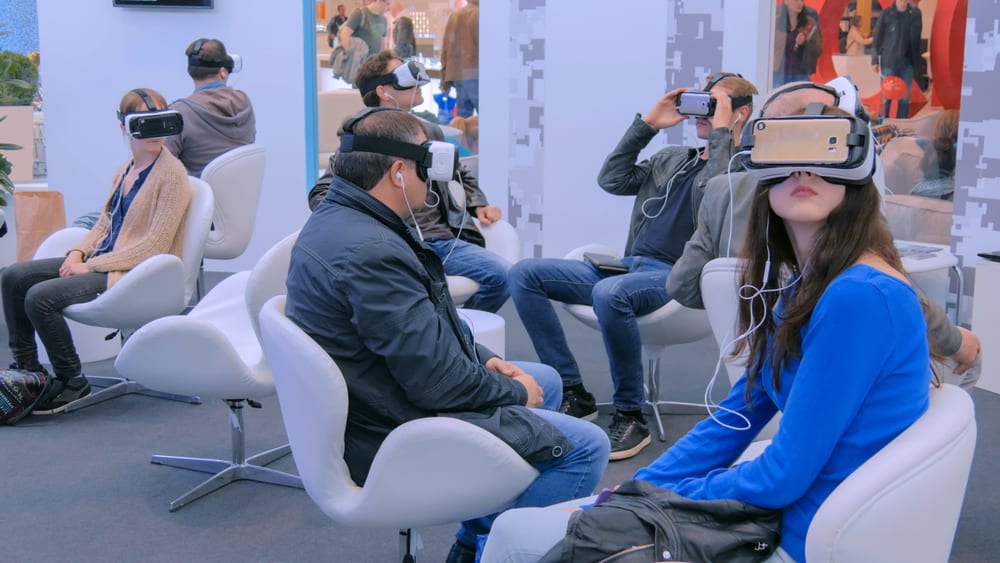
One of the most significant perks of virtual gaming events is their unparalleled accessibility. Gone are the days of booking flights, reserving hotel rooms, and navigating crowded convention centers. With virtual events, all you need is a reliable internet connection and a comfy spot to sit. Whether you’re chilling in your living room or sneaking in some game time during a work break, you can dive into the action from anywhere in the world. This means more gamers than ever can participate, turning what used to be a regional gathering into a global celebration.
Virtual gaming events are a great equalizer, breaking down barriers that once kept many gamers on the sidelines. No matter your location, physical abilities, or financial situation, virtual events open the doors to everyone. This inclusivity fosters a more diverse and vibrant community, where gamers of all backgrounds can share their passion. Plus, many virtual events offer accessibility features like closed captions and customizable interfaces, ensuring everyone can join in the fun.
Let’s talk money. Attending a physical gaming convention can be a pricey affair. Travel expenses, accommodation, meals, and event tickets add up quickly. For organizers, renting large venues, setting up elaborate booths, and handling logistics can be a financial headache. Virtual events, on the other hand, slash these costs dramatically. Gamers save on travel and accommodation, while organizers can allocate resources to enhance the digital experience rather than physical logistics. This cost-effectiveness makes virtual events more sustainable and affordable, encouraging more frequent and diverse gatherings.
Endless Possibilities: Unique Experiences Only Possible in Virtual Environments
Virtual environments open up a realm of endless possibilities that physical events simply can’t match. Imagine exploring a fantastical game world in virtual reality or participating in an augmented reality scavenger hunt that spans the globe. Virtual platforms can host interactive panels where you can ask developers questions in real-time, watch live gameplay with integrated chat, and even jump into multiplayer games with fellow attendees instantly. These unique experiences, only possible in the digital realm, add an extra layer of excitement and engagement that traditional events can’t offer.
Virtual gaming events also allow for creative collaborations and innovative content delivery. Developers can showcase their games in ways that are not bound by the physical constraints of a booth. Interactive demos, exclusive in-game events, and virtual meet-and-greets with gaming celebrities are just a few of the imaginative experiences that virtual platforms facilitate.
So, why go virtual? Because it’s the future of gaming events, bringing unparalleled accessibility, inclusivity, cost-effectiveness, and a treasure trove of unique experiences right to your screen. Whether you’re a seasoned gamer or new to the scene, virtual gaming events are your ticket to a world of endless adventure and community. Game on!
Top Virtual Gaming Events to Watch
E3 (Electronic Entertainment Expo)
E3 is the granddaddy of all gaming expos, and its virtual incarnation continues to set the standard. Held annually, this event brings together the biggest names in the gaming industry to showcase the latest games, hardware, and innovations. The virtual format features live-streamed press conferences from major developers, exclusive game reveals, and deep dives into upcoming titles. Whether you’re a die-hard fan or just a casual gamer, E3 offers something for everyone. Plus, with live demos and interactive Q&A sessions, you get an insider’s look at what’s coming next in the gaming world.
Gamescom
Gamescom, Europe’s premier gaming event, has embraced the virtual format with gusto. Known for its massive scale and diverse range of exhibitors, Gamescom offers a jam-packed schedule of live streams, game demos, and developer interviews. The event’s virtual platform, Gamescom Now, provides a seamless experience where you can explore digital booths, participate in community events, and even earn rewards through interactive challenges. From AAA titles to indie gems, Gamescom is the place to discover new games and connect with the global gaming community.
PAX Online
The Penny Arcade Expo, or PAX, is a fan-favorite event that caters to gamers of all stripes. PAX Online is a nine-day extravaganza that features everything from live panels and gaming tournaments to virtual meetups and concerts. The event’s interactive platform allows you to chat with developers, participate in game demos, and engage with other attendees in real-time. PAX Online also includes a dedicated space for indie games, giving smaller developers a chance to shine. Whether you’re into tabletop games, video games, or just love the culture, PAX Online has something for you.
BlizzConline
Blizzard Entertainment’s annual convention, BlizzCon, has successfully transitioned to BlizzConline. This event is a must-watch for fans of Blizzard’s iconic franchises like World of Warcraft, Overwatch, and Diablo. BlizzConline features live announcements, in-depth panels with developers, esports tournaments, and community contests. The virtual format allows fans from all over the world to join in the celebration, with exclusive content and behind-the-scenes looks at upcoming projects. If you’re a Blizzard fan, BlizzConline is an event you won’t want to miss.
The Game Awards
The Game Awards is not just a celebration of the year’s best games, but also a showcase of what’s to come. Hosted by industry veteran Geoff Keighley, this event combines an awards show with world premiere game reveals and live musical performances. The virtual format allows for a global audience to tune in and participate in the festivities. With categories ranging from Game of the Year to Best Indie Game, The Game Awards highlights the diversity and creativity of the gaming industry. The live stream features interactive elements, allowing viewers to vote and share their thoughts in real-time.
How to Make the Most of Virtual Gaming Events
Setting Up Your Gaming Space for Optimal Experience
First things first: create a comfy and functional gaming setup. Make sure your internet connection is solid – a wired connection is ideal for stability. Position your screen at eye level to prevent neck strain, and consider investing in a good-quality headset for clear audio and communication. Don’t forget to have snacks and drinks on hand – gaming marathons require sustenance! Lastly, ensure your space is clutter-free to keep distractions at bay. With the right setup, you’ll be ready to dive into the action without a hitch.
Engaging with the Community through Forums and Social Media
One of the best parts of virtual gaming events is the chance to connect with fellow gamers. Jump into event-specific forums and social media groups to discuss your favorite games, share tips, and make new friends. Platforms like Discord, Reddit, and Twitter are buzzing with activity during major events, so join the conversation! Use event hashtags to stay in the loop and discover what others are excited about. Engaging with the community can enhance your experience, providing valuable insights and making the event feel even more immersive.
Participating in Live Streams, Panels, and Interactive Sessions
Virtual gaming events offer a plethora of live streams, panels, and interactive sessions. To get the most out of these, plan your schedule in advance. Most events release their schedules ahead of time, so take note of the sessions you’re most interested in. During live streams, join the chat to ask questions and share your thoughts. Panels often feature Q&A segments – don’t hesitate to participate! Interactive sessions, like live demos or multiplayer matches, provide a hands-on experience that can be incredibly rewarding. Engaging actively in these sessions will make you feel like a part of the action.
Leveraging Event Apps and Platforms for Scheduling and Networking
Many virtual gaming events offer dedicated apps or platforms to enhance your experience. These tools often include features like personalized schedules, reminders, and networking opportunities. Use these apps to organize your day, ensuring you don’t miss any must-see events. Networking features can help you connect with other attendees, developers, and industry professionals. Virtual business cards, chat functions, and matchmaking services can facilitate meaningful connections. Take advantage of these tools to maximize your event experience, both for entertainment and professional growth.
Behind the Scenes: Organizing a Virtual Gaming Event
Insights from Event Organizers on the Challenges and Successes
Organizing a virtual gaming event is no small feat. Event organizers face numerous challenges, from ensuring smooth technical execution to creating engaging content that resonates with a diverse audience. One of the primary hurdles is maintaining the excitement and interactivity that attendees expect from traditional in-person events. Organizers need to think creatively to replicate the communal atmosphere of physical conventions. This often involves developing innovative virtual environments and interactive experiences. Despite these challenges, many organizers have found success by leveraging technology and community engagement. For instance, incorporating live chats, Q&A sessions, and real-time feedback mechanisms has proven effective in keeping participants engaged and feeling connected.
The Technology Driving Virtual Events: Platforms, VR, AR, and More
At the heart of successful virtual gaming events lies cutting-edge technology. Platforms like Zoom, Discord, and specialized event apps provide the backbone for seamless live streaming, interactive sessions, and networking. Virtual Reality (VR) and Augmented Reality (AR) are also playing increasingly significant roles. VR can transport attendees to fully immersive virtual worlds, while AR overlays digital elements onto the real world, creating unique interactive experiences.
For example, during a virtual game night, attendees might use VR headsets to explore a virtual convention hall, complete with booths and demo stations. AR can enhance trivia games by overlaying questions and interactive elements onto the participant’s environment. These technologies help bridge the gap between the digital and physical worlds, offering experiences that are both engaging and memorable.
Case Studies of Innovative Approaches and Standout Features
Several virtual gaming events have set new standards with their innovative approaches and standout features. Here are a few case studies highlighting their successes:
- Virtual Game Night Extravaganza: A popular event series focusing on interactive trivia and team-based challenges. Utilizing a combination of Zoom and an integrated trivia app, participants formed teams and competed in real-time. The event featured a game show host, complete with virtual buzzers and scoreboards. The use of AR to display trivia questions and answers directly on participants’ screens added an exciting twist. Team members could see real-time updates and interact with the host and other teams, enhancing the sense of camaraderie and competition.
- People’s Choice Awards for Gaming: An annual virtual awards ceremony celebrating the best in gaming, as voted by fans. Hosted on a bespoke platform that integrated live voting, real-time chat, and video streams, the event allowed fans to vote for their favorite games and developers during the show. The inclusion of VR experiences where attendees could explore a virtual awards venue and interact with holograms of their favorite gaming personalities made participants feel as if they were part of a grand celebration.
- Interactive Developer Sessions: A series of virtual panels and workshops with game developers. Using platforms like Discord and Twitch, these sessions allowed participants to ask questions, provide feedback, and even collaborate on mini-projects with developers. Real-time code editing and gameplay demonstrations enabled attendees to gain hands-on experience and direct insights into the development process. The interactive nature of these sessions helped bridge the gap between developers and the gaming community, fostering a deeper connection and understanding.
The Future of Virtual Gaming Events
Predictions for the Next Big Trends in Virtual Gaming Events
As technology continues to evolve, so too will the landscape of virtual gaming events. Here are some predictions for the next big trends:
- Enhanced Interactivity: Expect to see more interactive elements integrated into virtual events. This could include real-time decision-making in live games, audience participation in game development sessions, and interactive storytelling where attendees influence the narrative.
- Personalized Experiences: Tailored content will become a major focus. Using AI and machine learning, virtual events will offer personalized schedules, recommendations, and interactions based on attendees’ preferences and past behavior.
- Cross-Platform Integration: Seamless integration across various devices and platforms will become standard. Whether you’re on a console, PC, or mobile device, accessing and participating in virtual gaming events will be effortless.
- Gamification of Events: Virtual events will incorporate more game-like elements, such as leaderboards, achievement badges, and reward systems, to engage participants and encourage active involvement.
The Potential for Hybrid Events: Combining the Best of Physical and Virtual Experiences
Hybrid events are set to become the new norm, blending the tangible excitement of physical gatherings with the accessibility and innovation of virtual formats. Here’s how this could unfold:
- Seamless Integration: Attendees at physical events can interact with those joining virtually through synchronized activities and shared platforms. Imagine a video call panel where both in-person and online participants can ask questions and contribute.
- Extended Reach: Hybrid events will cater to a global audience without sacrificing the local charm. Local attendees can enjoy the physical experience, while virtual attendees participate from around the world, expanding the event’s reach and impact.
- Dual Content Streams: Offering exclusive content for both physical and virtual attendees will become a norm. Physical attendees might get hands-on demos, while virtual attendees could access behind-the-scenes footage and interviews.
- Virtual Team Building: Incorporating virtual team-building activities, such as collaborative online quests or multiplayer challenges, will enhance engagement and community spirit across both physical and virtual participants.
How Virtual Reality and Augmented Reality Will Shape Future Events
Virtual Reality (VR) and Augmented Reality (AR) are poised to revolutionize virtual gaming events, offering immersive and interactive experiences that transcend traditional formats. Here’s how:
- Immersive Environments: VR will transport attendees to fully immersive virtual environments. Imagine exploring a fantastical convention center, interacting with digital avatars of other attendees, and engaging with virtual exhibits that feel incredibly real.
- Enhanced Presentations: AR will overlay digital information onto the real world, making presentations and panels more engaging. For instance, an AR overlay during a keynote speech could display real-time stats, 3D models, and interactive elements that enhance understanding and engagement.
- Virtual Event Ideas: The use of VR and AR will inspire new virtual event ideas. Picture a virtual game night where participants use VR headsets to enter a shared digital space, or an AR-powered scavenger hunt that combines physical and digital clues.
- Skills Development: VR and AR will be used for virtual team building and skills development. Collaborative VR simulations and AR-enhanced training sessions will provide interactive learning experiences that are both effective and enjoyable.
The future of virtual gaming events is bright, with endless possibilities driven by technological advancements and creative innovation. As we move forward, the blend of physical and virtual experiences will create richer, more engaging events that cater to a diverse and global audience. Whether you’re a developer, a gamer, or simply a fan, there’s never been a more exciting time to be part of the gaming community. Game on!
